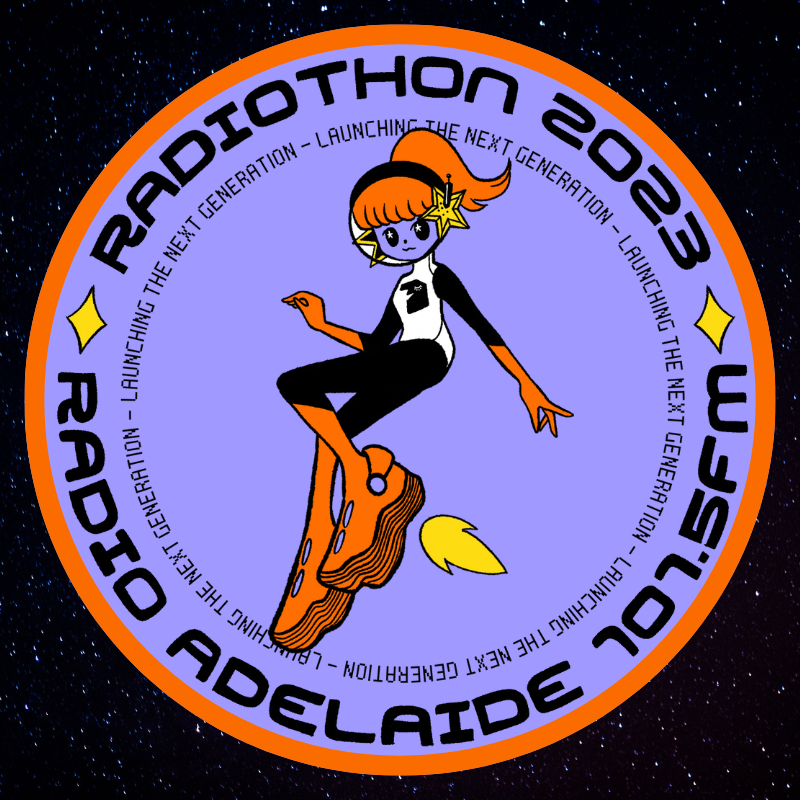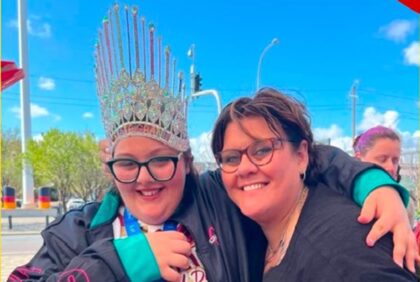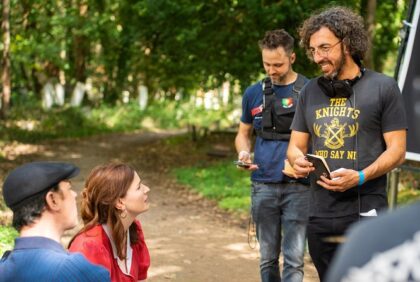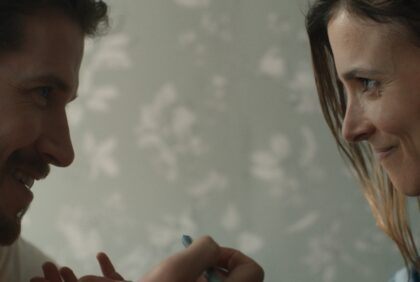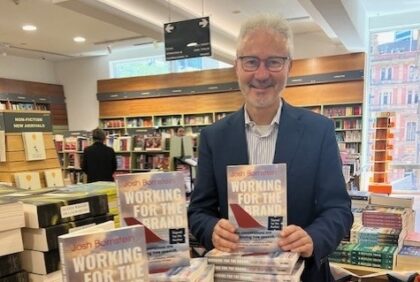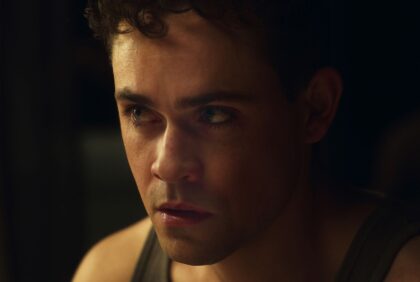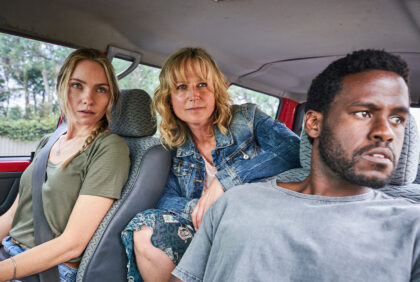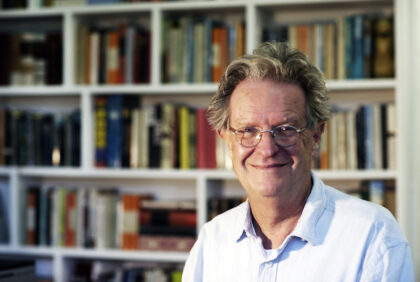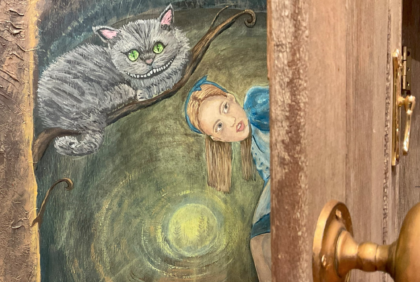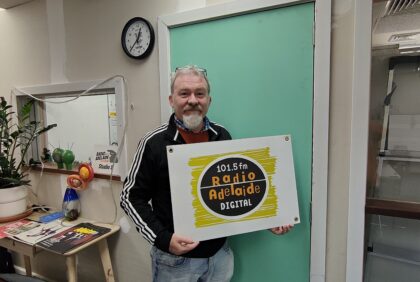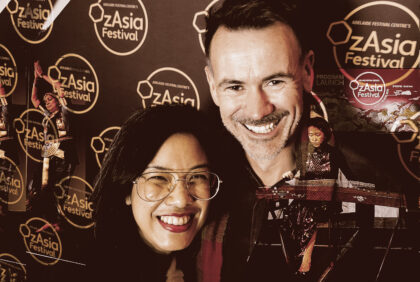We can’t be what we can’t see on our screens
Posted on: Sat 4 Dec 2021

At a recent public hearing for the Royal Commission into Violence, Abuse, Neglect and Exploitation of People with Disability, systemic barriers in open employment that Australians with disabilities experience constantly were examined to determine whether public and private sector employers were doing enough to obtain and retain potential disabled employees – as well as promoting job opportunities, building inclusive workplaces, providing information and resources to help those report discriminatory and derogatory behaviours and supporting career advancement.
Former Disability Discrimination Commissioner and Deputy Chair of Attitude Foundation Australia, Dr Graeme Innes AM gave his testimony to the commission, which included calling for more representation of disabled people on the small screen and bringing in a television advertisement quota or set target to shift workplace attitudes and to eradicate abysmal, outdated, insensitive and stereotypical portrayals or depictions of disability based storylines and characters often displayed without reproach on television and cinematic screens e.g. Atypical, The Wrong Girl, Wonder, Me Before You, The Witches and The Good Doctor.
As part of his DisINVISIBILITY segment, featured in conjunction with International Day of People with Disability (IDPwD), Packed Lunch‘s Jarad McLoughlin chatted with Dr Innes about what he thinks employers should do to increase the number of disabled faces in television advertising at a level of 15 or 20 percent and what media conglomerates, businesses or organisations can do to boost up the recruitment processes and policies for highly qualified candidates, with an identifiable disability who feel that they’re ready to get to work in any specific role or position.
Produced by Jarad McLoughlin
Photo credit: GraemeInnes.com


